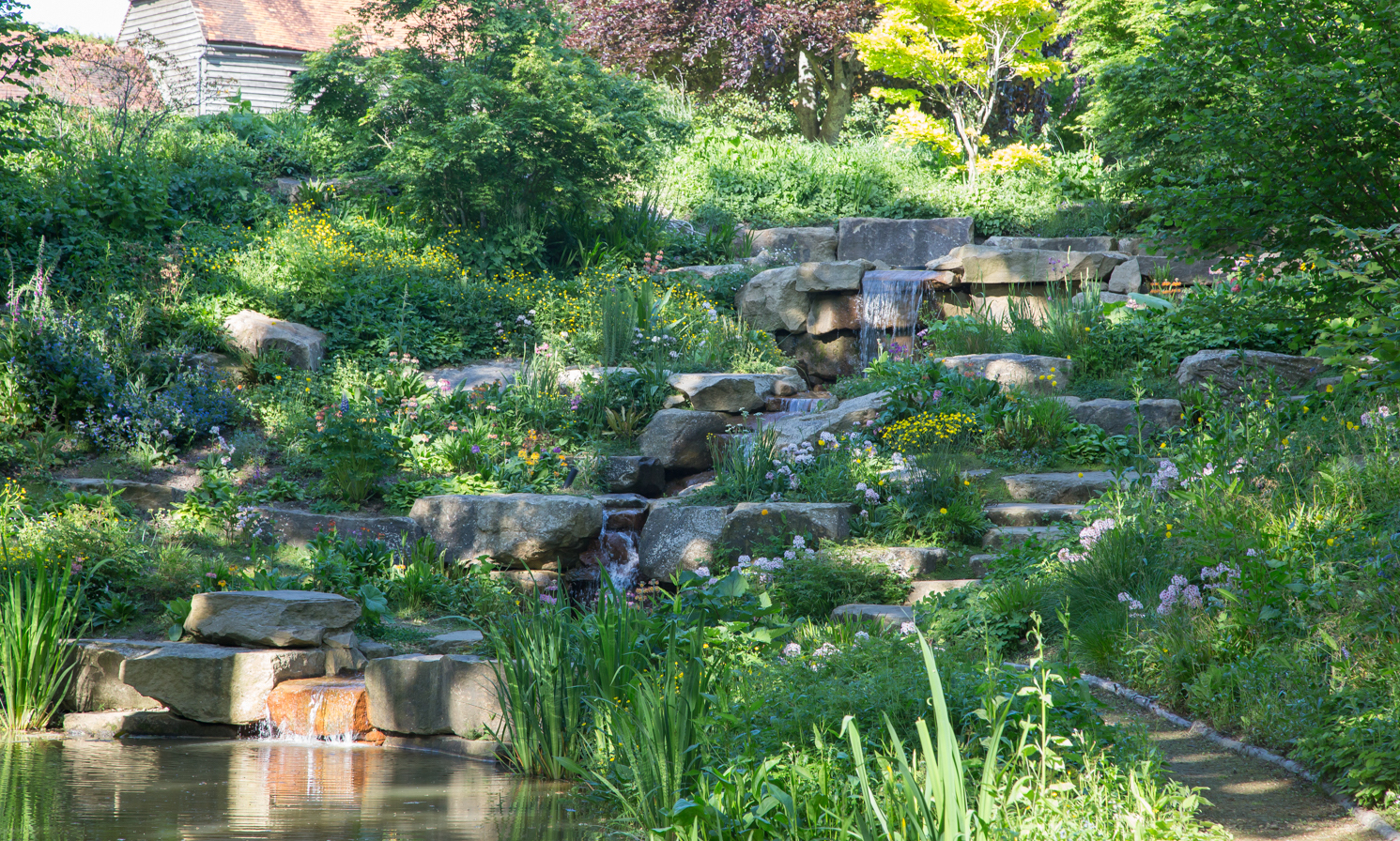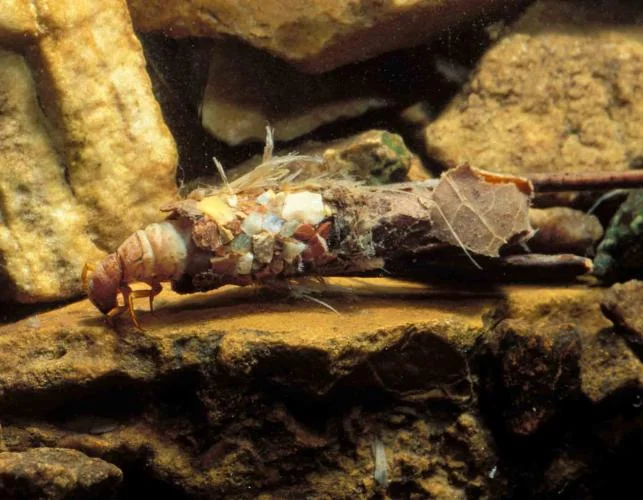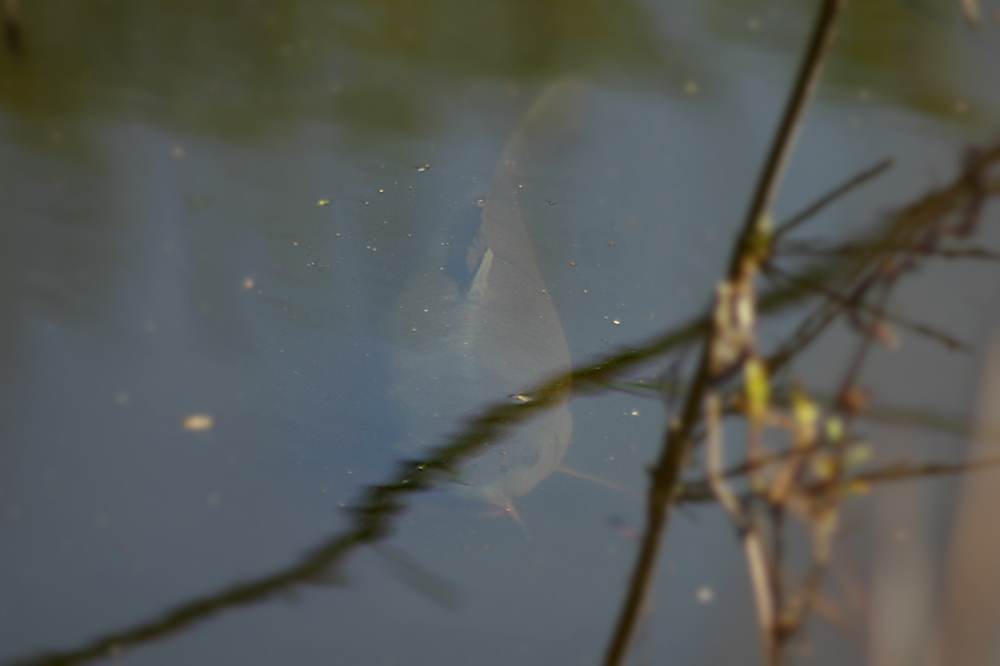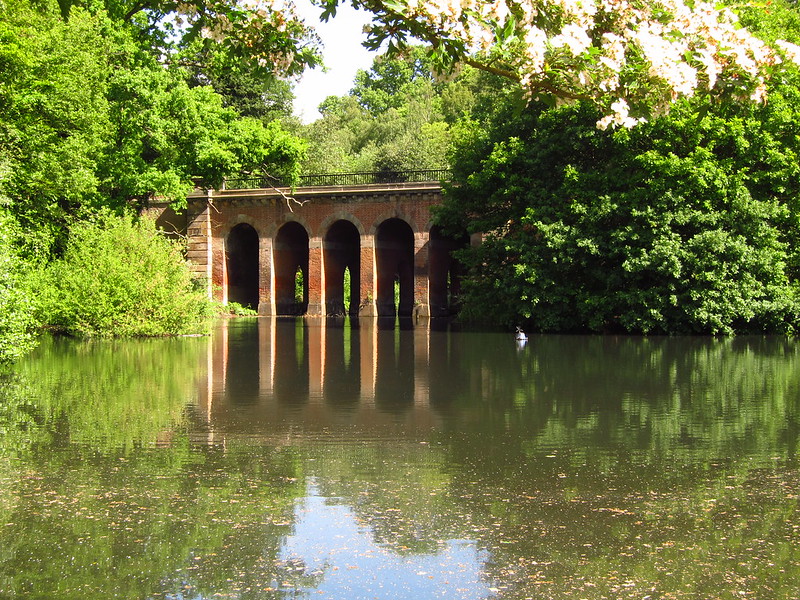On (and sometimes inside) Ponds

‘uncertainty is healthy’
Merlin Sheldrake
Ponds are not for everyone, but they certainly appeal to some. Perhaps, as some say, it’s their mystery. If not, there’s certainly something mysterious about how fascinated some of us can be. If you’re on side with ponds, it might be because you spent an immeasurable amount of childhood staring into their surface. These surfaces, after all, contain enough to mesmerise: a wobbling screensaver of reflected sky doubling as a rink for floating insects, leaves and random debris. In my first year at primary school, I was encouraged to take a snail from a lily pad on the surface of the school pond by an older child who had, it turned out, longer arms then me. The next thing I remember was being upside down in its darkness; laughter from my classmates as the teacher pulled me out; weed and algae stuck to my uniform as I waited for a parent to collect me.

It didn’t put me off. After experimenting with the surfaces of ponds, I became entranced by what lies beneath. Tadpoles sprouting tiny legs and arms, caddis fly lava encrusted in their miniature haul of junk, water boatmen, newts and, of course, fish. Catching a fish, in some ways, is an anti-climax. On the bank, without water to suspend them, gasping, flapping and covered in slime, it can be difficult to remember what ever caused you to spend the time in the first place. Except that for me, at least, the motivation to fish was fairly simple, as I’m sure it is for many others: curiosity. Most other things in our sensory field (the night sky and microbial world excluded) provide a fairly reasonable representation of their contents. We pass a field on a train and there are the rabbits, the sheep, the shadows of passing clouds. We can stare at an aeroplane travelling at hundreds of miles per hour, several thousand metres above us, and still have a pretty good impression of what we’re looking at.

Ponds, however, especially due their murkiness (it’s hard see much when snorkelling in a pond), provide a regular reminder that not all in view is graspable – there could be a pike as long as your leg hovering a metre away from your picnic, and they only thing that might alert you to this would be the surface swirl of an escaping roach. Watching the shape of a carp thickening the darkness of a pond as it rises – when a tiny whirlpool appears, as its mouth opens, near your bait on the surface, and the entire thing disappears along with the slack in your line – the experience is entoxicatingly vivid.

But ponds are not just for those who like fish. They are, as ecology increasingly tells us, important hubs for wildlife. The garden equivalent of an enormous shopping complex, where different species congregate and take home something relevant to their interests. As an adult, like most pond lovers I’d assume, it’s the ecosystem that now gains my full attention. The intricacies of flora and fauna. The procession of colours and shapes that parade throughout the annual cycle. The way they harbour species that can naturally balance out less helpful garden inhabitants: toads & slugs, voles & bugs, reeds & toxins. That they provide an opportunity for migratory birds to take a rest on their way over from other continents.
A pond is a quiet reminder that our experience of the world can be more harmonious and yet less knowable than the rapid flow of consciousness can feel. They can also provide a more practical solution to gardens with drainage issues or problems with hydration. Although sometimes you don’t need any reason at all to give water a little space to create a new world.
